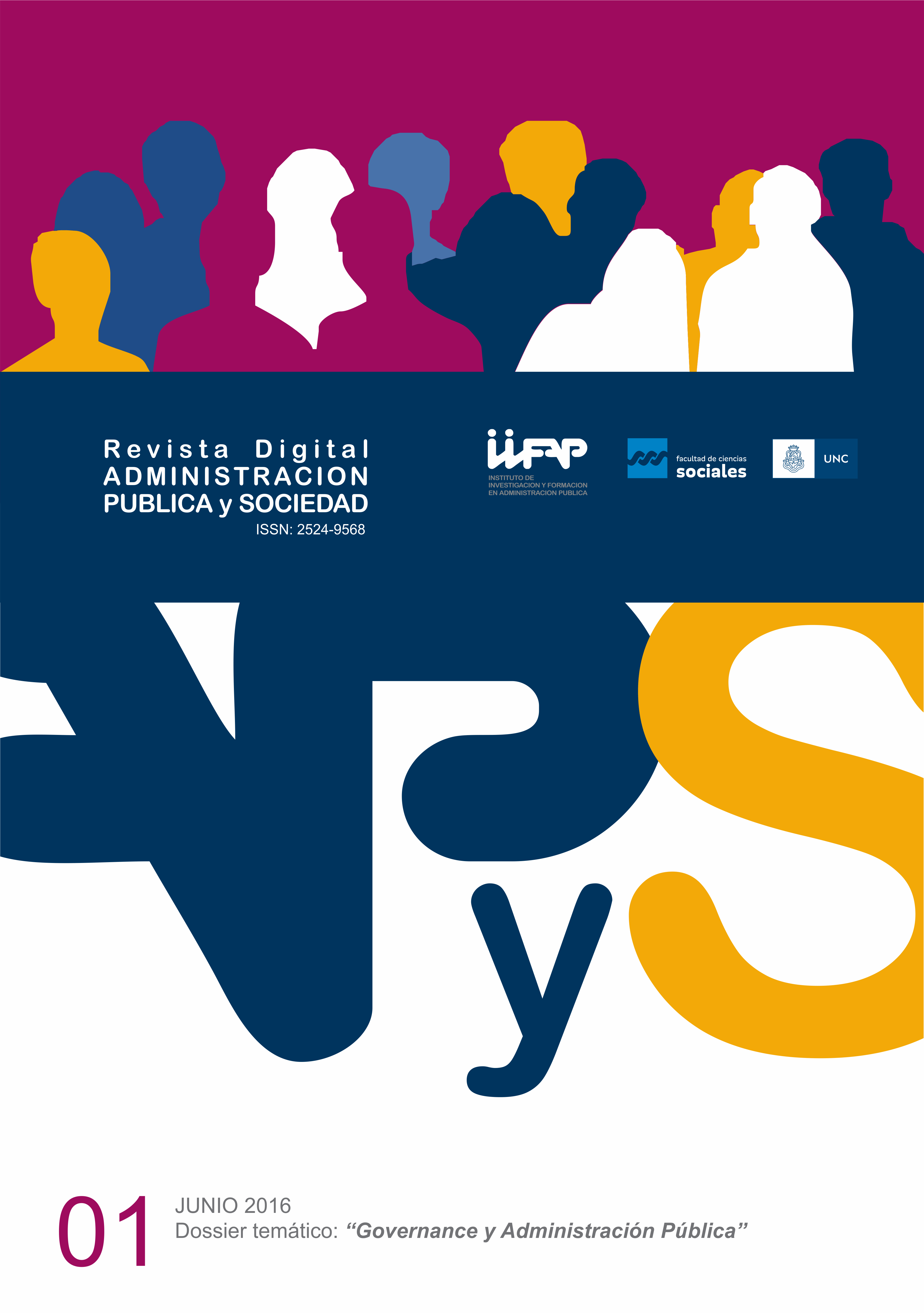Socio-educational policies and teaching work. School management, between the accumulation of compensatory projects and the practice of educational inclusion (Córdoba, Argentina, 2000-2010).
Main Article Content
Abstract
Downloads
Article Details
Authors who publish in this journal accept the following terms of the copyright policy:
- Authors shall retain their copyright (including copyrights) and shall grant to the journal the right of first publication of their work, which shall simultaneously be subject to the Creative Commons Recognition License: No commercial use of the original work or any derivative works is permitted, distribution of which must be made under a license equal to that which governs the original work.
- Authors may adopt other non-exclusive license agreements for the distribution of the version of the published work (e.g., placing it in an institutional repository or publishing it in a book) provided that the initial publication in this journal is indicated.
- Authors are allowed and encouraged to disseminate their work through the Internet (e.g., in institutional repositories or on their website) after the publication process, which may lead to interesting exchanges and increased citations of the published work. (See The Effect of Open Access).
References
BALL, S. (2002). Textos, Discursos y Trayectorias de la Política: La Teoría Estratégica. Páginas, 2 (2/3), 19-33. http://132.248.192.201/seccion/bd_iresie/iresie_busqueda.php?indice=revista&busqueda=PAGINAS%20DE%20LA%20ESCUELA%20DE%20CIENCIAS%20DE%20LA%20EDUCACION&par=&a_inicial=&a_final=&sesion=&formato=
BOURDIEU, P. (1999). Razones prácticas. Sobre la teoría de la acción. Barcelona: Anagrama
BOURDIEU, P. (2000). Cuestiones de Sociología. Madrid: Istmo.
DUSCHATZKY, S. (2008). Tutelados y Asistidos. Programas sociales, Políticas Públicas y Subjetividad. Buenos Aires: Paidós.
DUSCHATZKY, S. y REDONDO, P. (2000). El Plan Social Educativo y la crisis de la educación pública. Reflexiones sobre los sentidos de las políticas compensatorias en los tiempos de la Reforma Educativa. FLACSO. http://23reuniao.anped.org.br/textos/1403t.PDF
ELICHIRY, N. (Comp.). (2011). Políticas y prácticas frente a la desigualdad educativa. Tensiones entre focalización y universalización. Buenos Aires: Noveduc.
GUBER, R. (2001) La etnografía, método, campo y reflexividad. Bogotá: Grupo Editorial, Norma.
LA SERNA, Carlos (2010). Las transformaciones en el mundo del trabajo. Representaciones, prácticas e identidades. Buenos Aires:
CICCUS/CLACSO. MIRANDA, E. (2014) Contribuciones de Stephen Ball a la investigación sobre políticas educacionales como campo
teórico. Curitiva. http://www.relepe.org/index.php/organizacion?id=201:estelam-iranda&catid=201:organizaci%C3%B3n
ROCKWELL, E. (2013). El trabajo docente hoy: nuevas huellas, bardas y veredas. XI Congreso Nacional de Investigación Educativa – Conferencias Magistrales. Consejo Mexicano de Investigación Educativa.
SAGASTIZÁBAL, M. (Coord.). (2008) Aprender y enseñar en contextos complejos. Multiculturalidad, diversidad y fragmentación. Buenos Aires: Ediciones Novedades Educativas.
SANTOS, B. (2009). Una epistemología del Sur. México: Siglo XXI.
SENÉN GONZÁLEZ, C. (2009). “Los cambios recientes de las relaciones laborales en Argentina" en A. Bialakowsky, R. Partida, R. Antunes, J. Carrillo, M.I Costa, Nise Jinkings y M. Superville, (comp.) Trabajo y capitalismo entre siglos en Latinoamérica. El trabajo entre la perennidad y la superfluidad. Tomo II. México: Centro Universitario de Ciencias Sociales y Humanidades, Universidad de Guadalajara.
SENÉN GONZÁLEZ, C., MEDWID, M. y TRAJTEMBERG, D. (2011). “La Negociación colectiva y sus determinantes en la Argentina. Un abordaje desde los debates de las relaciones laborales”, en Revista Latinoamericana de Estudios del Trabajo, N° 25, Brasil.
SENÉN GONZÁLEZ, C. y MEDWID, B. (2010). “Métodos comparados en relaciones laborales: reflexiones a partir de estudios de caso sectoriales”, mimeografía.
SENÉN GONZÁLEZ, S. (2006). Regulaciones recientes para el Sistema Educativo. Su articulación con una nueva ley de educación en Argentina. Ponencia. Jornadas de Reflexión “La educación en debate: desafíos para una nueva ley”. U. N.C.
SPYROPOULOS, G. (1976). Relaciones Laborales. Conceptos Generales y Tipología Internacional, OIT, Instituto Nacional de Estudios del Trabajo.
TENTI FANFANI, E. (2007a). La condición docente. Análisis comparado de la Argentina, Brasil, Perú y Uruguay. Buenos Aires: Fundación OSDE. IIPE- UNESCO – Siglo XXI.
TENTI FANFANI, E. (2007b) La escuela y la cuestión social. Ensayos de sociología de la educación. Buenos Aires: Siglo XXI Editores.
TENTI FANFANI, E. (Coord.) (2009). Abandono escolar y políticas de inclusión en la educación secundaria. Buenos Aires: IIPE –UNESCO- PNUD.

